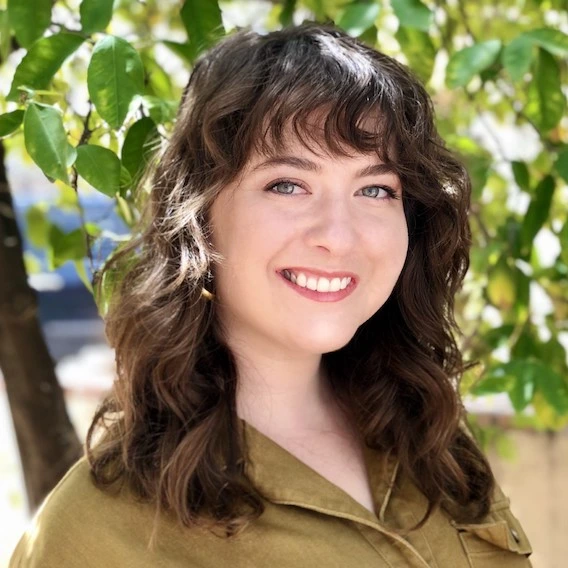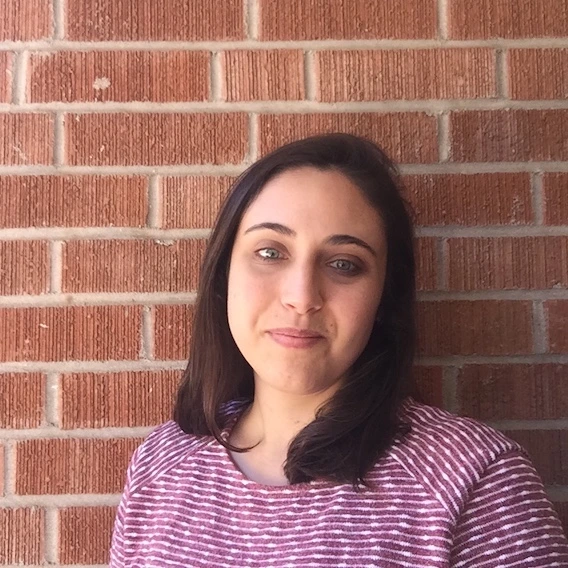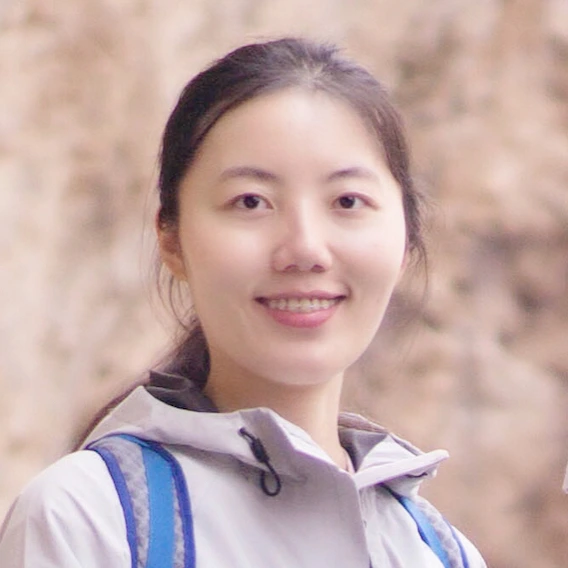Summer 2021 SBSRI Fellowships Announced
Congratulations also to School of Anthropology doctoral candidates, Rachel Rosenbaum, Alena Wigodner, and Jin Li! They are the recipients of the SBSRI Summer Fellowships for Dissertation Completion. Rachel and Alena’s dissertation titles and abstracts appear listed below; Jin’s is currently unavailable.



Rachel Rosenbaum, Maintaining and Repairing Ruins of Violence: Infrastructural Politics in Beirut, Lebanon
Abstract: This doctoral research is motivated by two overarching questions: 1) How are social inequalities and violence maintained by our natural and built environments? 2) How do people attempt to improve the well-being of their communities through changing these environments? I study these questions through examining the role of infrastructure, such as roads, housing, and electricity, in shaping people’s lives. In particular, I explore the impacts of infrastructural maintenance or lack thereof by studying ongoing work to repair material and social infrastructures leading up to and in the aftermath of the recent Beirut explosion. To do so, I study how non-governmental organizations and initiatives, infrastructure experts, impacted community members, and members of the diaspora are repairing urban infrastructures—such as waste management, housing, public space, and electricity—as an adaptation to the violence of the explosion which was layered into existing conditions of structural and urban violence. This study aims to explicate the sociopolitical and infrastructural arrangements that enabled the Beirut explosion while making a timely and important contribution to scholarship concerning infrastructure and urban studies, the afterlives of violence and disaster, and political anthropology. The data collected for this project is being shared with local stakeholders to inform sustainable urban planning efforts and the findings will be visualized on an interactive online site, www.regeneratehub.org, using digital ethnography to educate broader publics on the connections between infrastructure problems and solutions in Lebanon.
Alena Wigodner, Worldviews in Contact: Gendered symbolic systems and votive offerings in the Roman Northwest
Abstract: The Roman worldview, especially with respect to imperial ideology, had gendered dynamics at its center. Maleness represented culture, morality, and control while femaleness represented nature, instinct, and the need for guidance. Rome saw value in imposing these male ideals on the troublingly feminine regions it conquered. When Rome conquered Britain and Gaul, Rome’s gendered worldview met societies where women could be respected commanders. Indeed, gender roles were more fluid at all levels of society. I will study the impact of introducing a Roman worldview into this region. Votive objects offered at sanctuaries provide a means to study these worldviews: each object represents an individual decision made in a symbolically loaded atmosphere. I will catalogue votives offered at ten sanctuaries in Britain and Gaul and analyze votive assemblages using exploratory statistics aimed at elucidating patterns in complex datasets. This analysis will allow me to track the impacts of gendered worldviews in contact in this colonial environment. In what contexts was the Roman worldview accepted versus rejected? Can we see worldviews blending in these sanctuaries? In a colonial context shaped by gendered Roman imperial ideology, understanding the dynamics of these worldviews in contact is crucial to understanding the colonial project itself.
Jin Li, Speak and live urban life: urbanization and subject formation in Luoyang, China
Abstract: The proposed dissertation project examines the living experiences of farmer-turned urbanites who are collectively resettled into apartment complexes built on their original farmland by the government because of the urban expansion project in the city of Luoyang, China. This dissertation seeks to answer questions about the formation of urban subjectivity and the process of urbanization by probing into resettled villagers’ everyday lives. What kinds of subjectivity are formed during the rural-to-urban transition? How are they formed? How can we study the process of urbanization from a semiotic perspective? These broad themes will be approached with the following more specific questions: 1) In what ways do multiple social actors, i.e., the state, the local government and the resettled villagers conceive (plan and imagine) and perceive (understand and interpret) urbanization? What are the competing discourses of urbanization and how are the state’s discourses reproduced and challenged? 2) How do resettled villagers make meanings of being urban and living in an urban place through their daily lives? How are these meanings created, contested and undergoing changes, in particular, through their linguistic practices, bodily practices and spatial practices throughout the rural-to-urban transition? 3) In what ways does the elderly generation make and/or fail to make meanings about being urban and urbanization for themselves, their grandchildren and the family? In what ways do the community members make and/or fail to make meanings about being urban and urbanization for the community/collectivity? How do those ways contribute to the formation of subjectivity? How do we interpret inter-generational and inter-subjective variations in understanding the many ways of being urban?
Anthro News Digest date: 04/09/2021 and 04/16/2021

